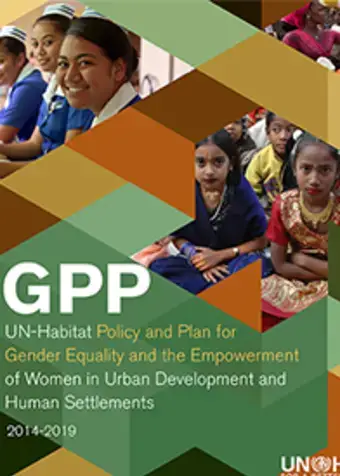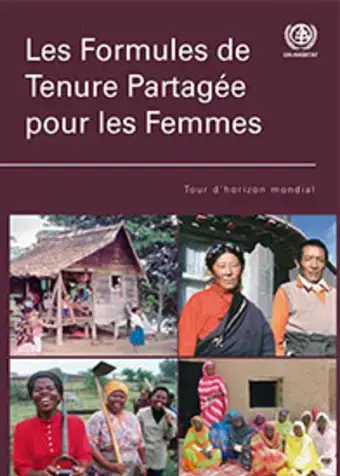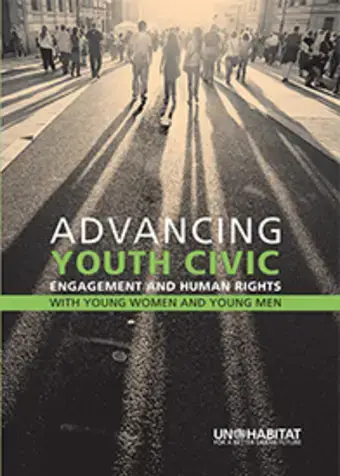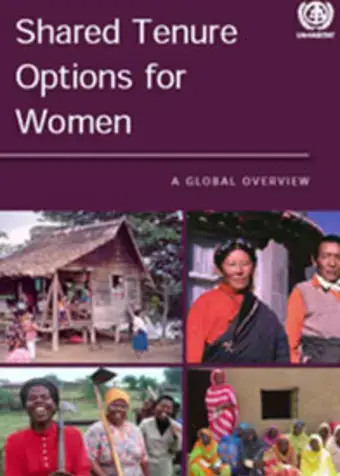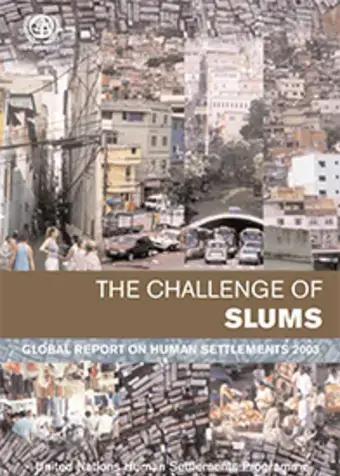Quito, 15 October 2016 – The Women Assembly brought together grassroot women, gender champions, representatives from civil society, academia, international organisations and UN agencies to discuss the empowerment of women, gender equality and the New Urban Agenda.
